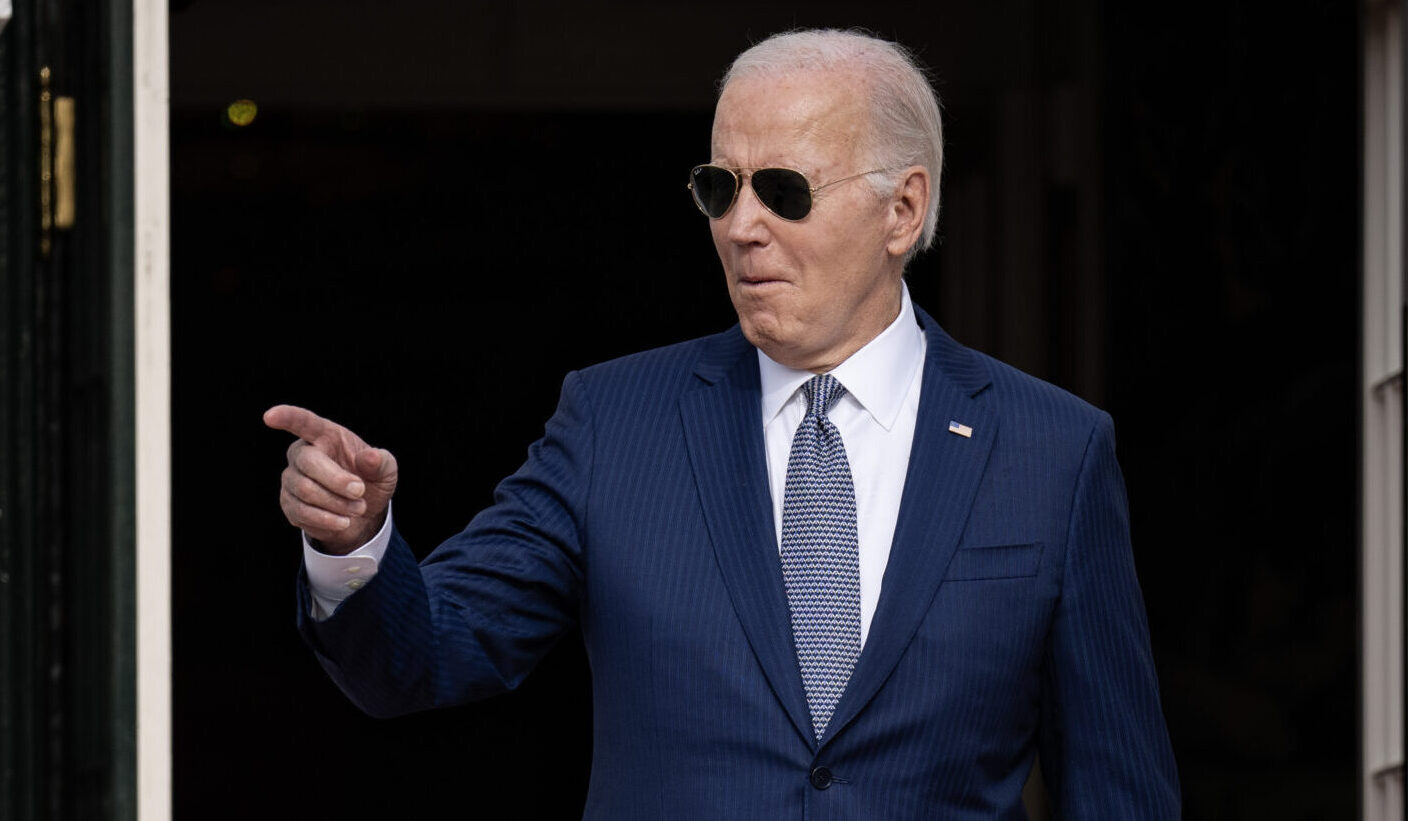With the US election just six months away, Joe Biden is pushing through numerous agenda items aimed at winning over ambivalent voters. From federal loan forgiveness to isolationist economic measures to a loosening of regulations on cigarettes and marijuana, the President is seeking to shore up support on both sides of the political aisle.
News broke this week that the Drug Enforcement Administration (DEA) is reclassifying marijuana as less dangerous, and will now be considered alongside drugs such as ketamine rather than heroin. This is a sign that the administration is falling in line with popular opinion — the vast majority of Americans support legalising marijuana. The move is the latest in a string of recent policy changes that could help the President improve his wavering lead with traditionally Democratic voters.
For example, in 2022 the Department of Health and Human Services (HHS) announced plans under Biden to ban menthol cigarettes, explicitly citing their popularity among African Americans and the number of black people whose lives might be saved by such as ban. But the President’s anti-racist efforts received pushback from civil rights groups, and in the past week he delayed the ban indefinitely.
Donald Trump has been making inroads with black voters in recent years, hitting polling highs of around 20% with the demographic, higher than any Republican presidential candidate in 50 years. In this context, the delayed menthol ban looks like an olive branch from the President to black voters.
In a nod to Millennial and Generation Z voters, the Biden administration has forgiven billions of dollars in student loan debt, with the latest round of loan forgiveness announced this week. Sympathy for the people of Gaza and concern about the ongoing war are strongest with younger demographics: as these voters sour on Biden over his support for Israel, loan forgiveness might help the President pull them back into the fold.
Biden is also attempting to make inroads with working-class voters in the Rust Belt, a group that historically has supported Democrats but helped tip the scales in favour of Trump in 2016. In a recent campaign stop in Pittsburgh, Biden appealed to industrial workers’ economic concerns and proposed populist policies echoing those of Trump, including tripling the import tariff on Chinese steel. He has also come out against the Japanese acquisition of U.S. Steel.
“All I knew about people like Trump is that they looked down on us,” the Pennsylvania native told a crowd at a related stop the same week. “They wouldn’t let us into their homes and their country clubs. When I look at the economy, I look at it through the eyes of Scranton, not through the eyes of Mar-a-Lago.”
Since the early 2000s, demographic changes worked reliably in Democrats’ favour as the proportion of racial minorities and college-educated voters increased. But the party is losing its edge with these demographics, prompting Biden and his colleagues to embrace some of the populist talking points that Trump used to win them over. Come November, it’ll be clear whether America’s populist realignment could be reversed by the Democrats.











Join the discussion
Join like minded readers that support our journalism by becoming a paid subscriber
To join the discussion in the comments, become a paid subscriber.
Join like minded readers that support our journalism, read unlimited articles and enjoy other subscriber-only benefits.
Subscribe